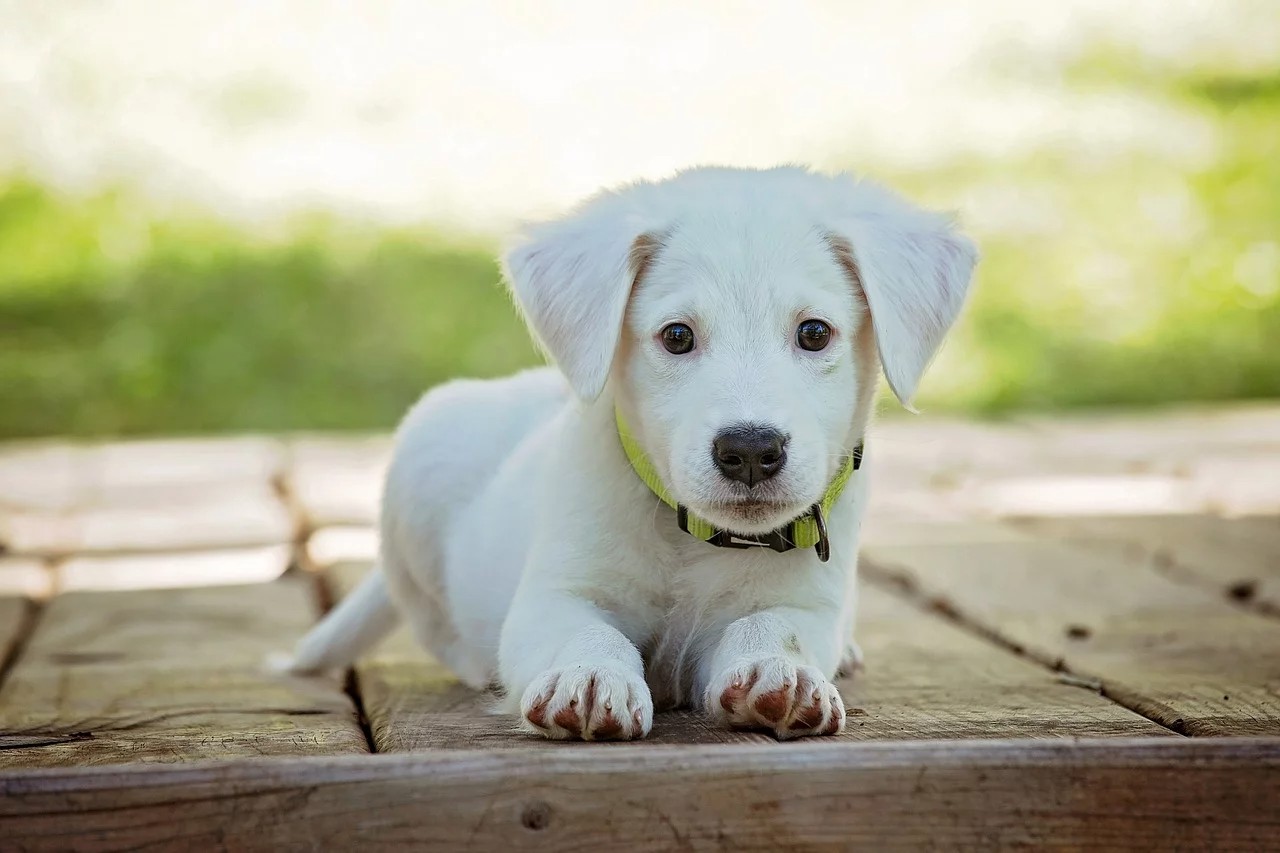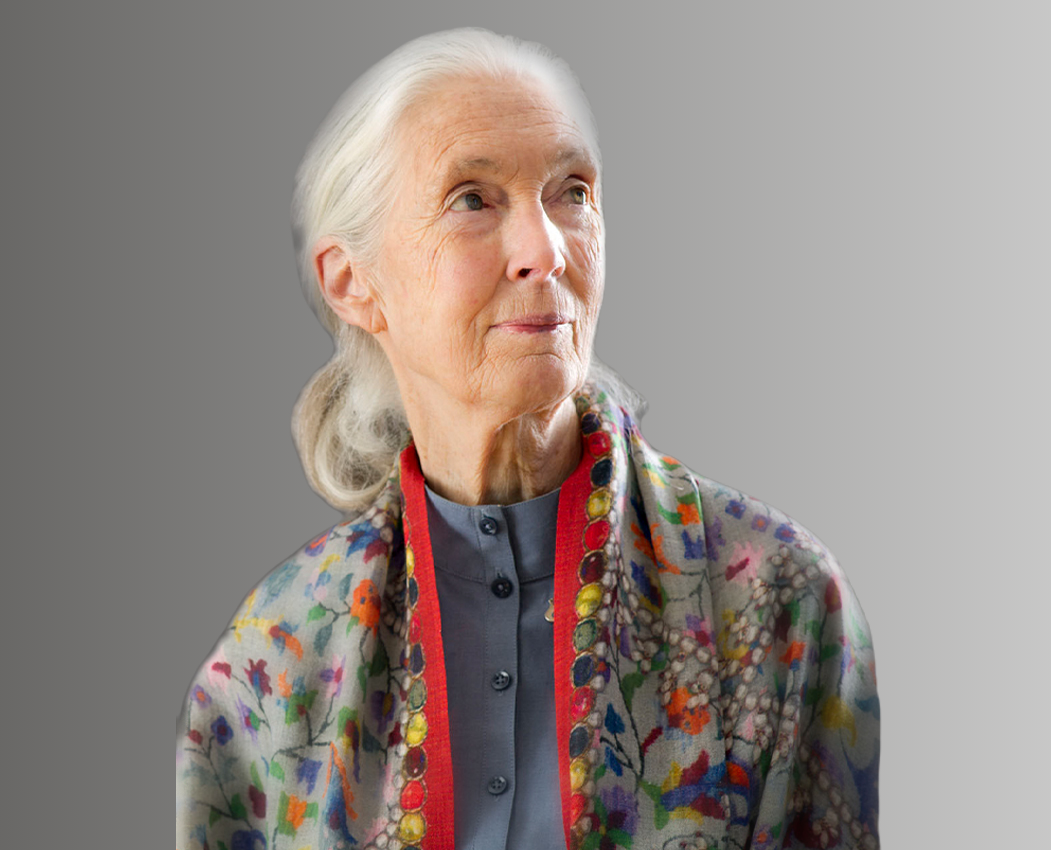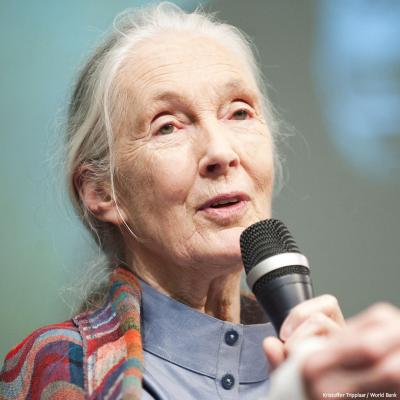In Defense of Animals Works to Update the Way We Think About Animals
A huge focus of In Defense of Animals' mission and work is to promote animal rights and liberate all animals from the systemic cruelty and exploitation that continues to harm them.
Our Guardians Campaign works towards that goal by encouraging people to change the way we think and speak about animals. They are not property or commodities for us to own and exploit for utilitarian purposes.
Animals are sentient beings deserving of compassion, understanding, respect and rights.
Though this campaign we're bridging the gap between us and them, and reconstructing the social and legal relationships that exist between us.
Guardians Are Changing the World for Animals
In legal terms, animals have long been recognized as mere commodities or property, and their exploitation and abuse was, and still is, ignored, rationalized and even justified.
However, society’s views on animals continue to evolve and more people are acknowledging that animals are individual beings who are not here for us to use for profit, food, fashion, entertainment or experimentation.
As a reflection of that change, more are disavowing the term “owner” and adopting “guardian” instead, along with referring to the animals we share our homes and lives with as “animal companions” instead of “pets.”
The Guardian Credo represents what we need to do to bring about this change on a grand scale. As guardians:
- We will stop considering animals to be our property, or ourselves as their owners.
- We will appreciate that we are all part of a whole and widen our circle of justice to include all animals.
- We will oppose cruelty and injustice towards animals, regardless of how deeply rooted in habit, custom or tradition, and do everything in our power to make their world a more just, compassionate and peaceful place.
- We will develop and support laws and public policies that address the needs and interests of animals affected by us and our behavior.
- We will only act as guardians, friends, caretakers, protectors, family or respectful observers of other animals, whether they are domesticated or wild.
- We will refer to animals as we would ourselves, or our fellow humans — never as “it,” but by name, or as ‘he” or “she,” as appropriate.
- We will ensure that the physical and emotional needs of our animal companions are met, and that our commitment to them is a commitment for life.
- We will abandon the idea of buying and selling animals as property, commodities or objects, who we will instead adopt, rescue, rehome and welcome as family.
- We will respect and protect the boundaries, needs, and futures of wild animals and the habitats in which they live, as we expect our own homes and property to be respected and preserved.
- We will not allow today’s imperfections to discourage us from continually working to reach our guardian ideals.
Use and Misuse of Animal Pronouns
We compose words in every situation and take for granted the subtle ways they influence how we relate to the world around us, and how our audiences interpret their meaning; the words we choose are critically important because the way we use language matters.
When it comes to animals, the scientific consensus is clear; they are conscious beings. We would never refer to each other as it, that, or what, and we shouldn’t do it when we’re talking, or writing, about animals.
Animals cannot be discussed accurately with words we regularly use to describe inanimate objects. We should always refer to them as she/her/hers, he/him/his and they/them/theirs, along with using who, regardless of species. When we don’t know if an animal is a male or female, we should use the gender neutral they/them/theirs.
It may seem like a small thing to do, but it has such a meaningful impact for animals and elevates them from being thought of as objects to living beings who merit consideration and basic rights.
22
locations in North America have updated their language in line with the Guardian Pledge
Over 350
people have signed our Guardian Pledge




